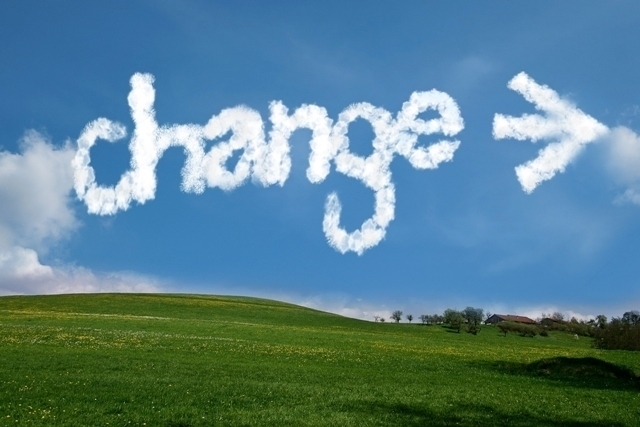Crises historically lead to social change but much depends on whether lockdown behaviours stick.
.
You can, of course, change people’s perceptions – and therefore their behaviour – through a good dose of propaganda, aka ‘fake’ whatever:
Futures Forum: The explosion of online propaganda and the use of our own data to manipulate us
Futures Forum: Big data and big lies…
.
But there are lot less sinister ways of changing habits, perceptions and behaviours – at the same time as, and probably due to, being transparent and up-front about what is trying to be achieved.
.
To take one example:
The idea of getting us onto e-bikes and using e-delivery-trikes has been featured on these news pages – in the current context of us not needing to rely on cars to get about or having to rely on local supplies for our essentials:
The question is whether less reliance on cars and more on local solutions will stay with us once the lock-down is over.
Here’s a study from Switzerland:
.
E-bike trials’ potential to promote sustained changes in car owners’ mobility habits
Electric bikes (e-bikes) represent a promising energy- and carbon-efficient alternative to cars.
However, as mobility behaviour is highly habitual, convincing people to switch from cars to e-bikes is challenging.
One strategy to accomplish this is the disruption of existing habits—a key idea behind an annual e-bike promotion programme in Switzerland, in which car owners can try out an e-bike for free over a two-week period in exchange for their car keys…
We conclude that an e-bike trial has the potential to break mobility habits and motivate car owners to use more sustainable means of transport.
.
 There are several other studies looking at how to change people’s behaviour ‘for the better’ – whether it’s transport, diet or mental health:
There are several other studies looking at how to change people’s behaviour ‘for the better’ – whether it’s transport, diet or mental health:
How to Change the Habits of 107,000 People | jamesclear.com
.
In the context of the current crisis, it takes “ten weeks” for people to change their habits – which is where we might well be going:
.
Corona confinement and breaking habits
- Attention is starting to turn to the long-term impact of the coronavirus after the ‘Great Lockdown’
- Crises historically lead to social change but much depends on whether lockdown behaviours stick
- Over time, we expect the pandemic to act as a catalyst or accelerator of trends in logistics, technology, globalisation, geopolitics and sustainability
- Manufacturing may become more localised as newly ‘essential’ supplies are produced nationally
- The eventual analysis of the pandemic’s management will include many personal, national and global lessons, in case we have to resort to lockdowns again.
Corona confinement and breaking habits | lombardodier.com
.
picture: Change,arrows,clouds,sky,direction – free image from needpix.com